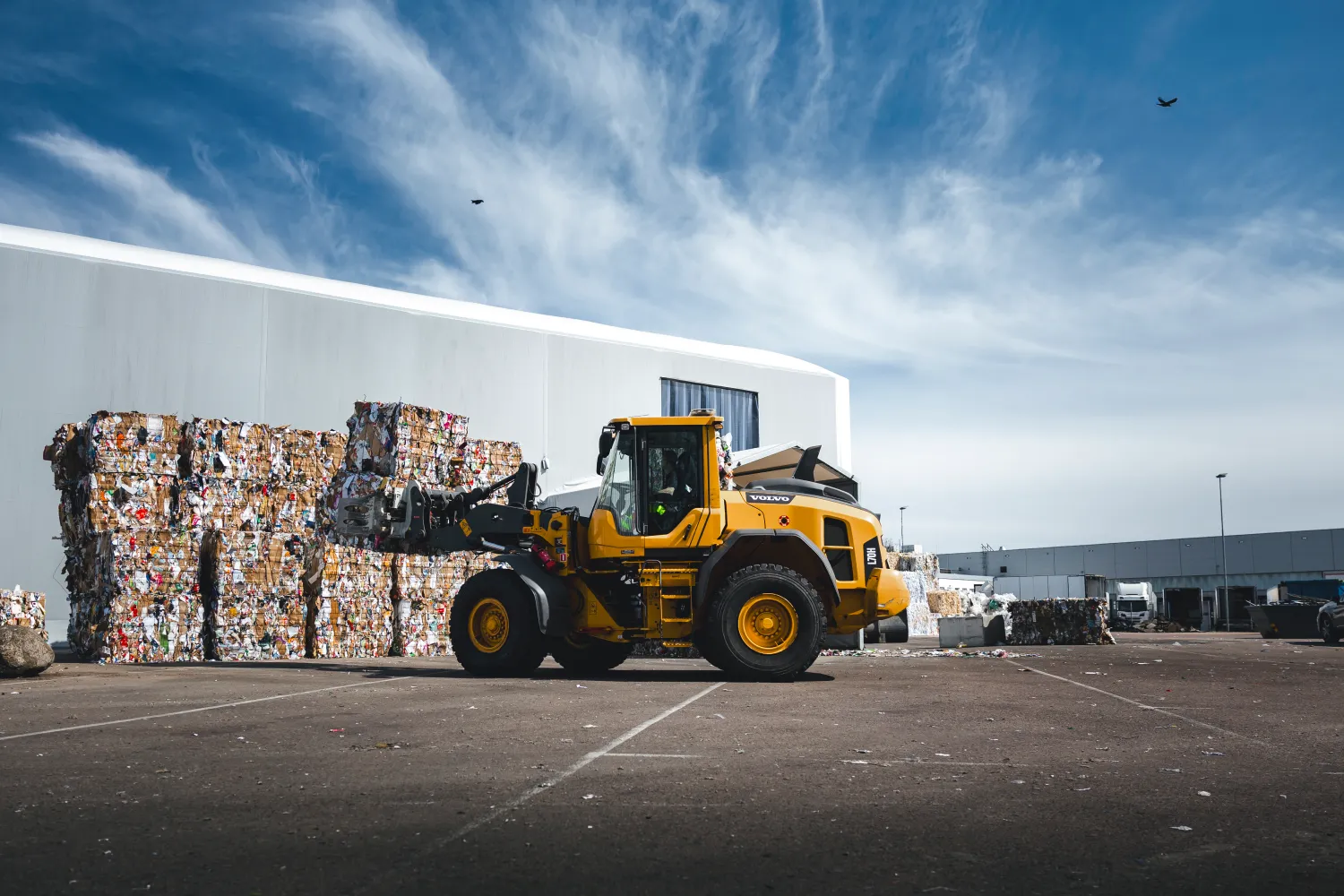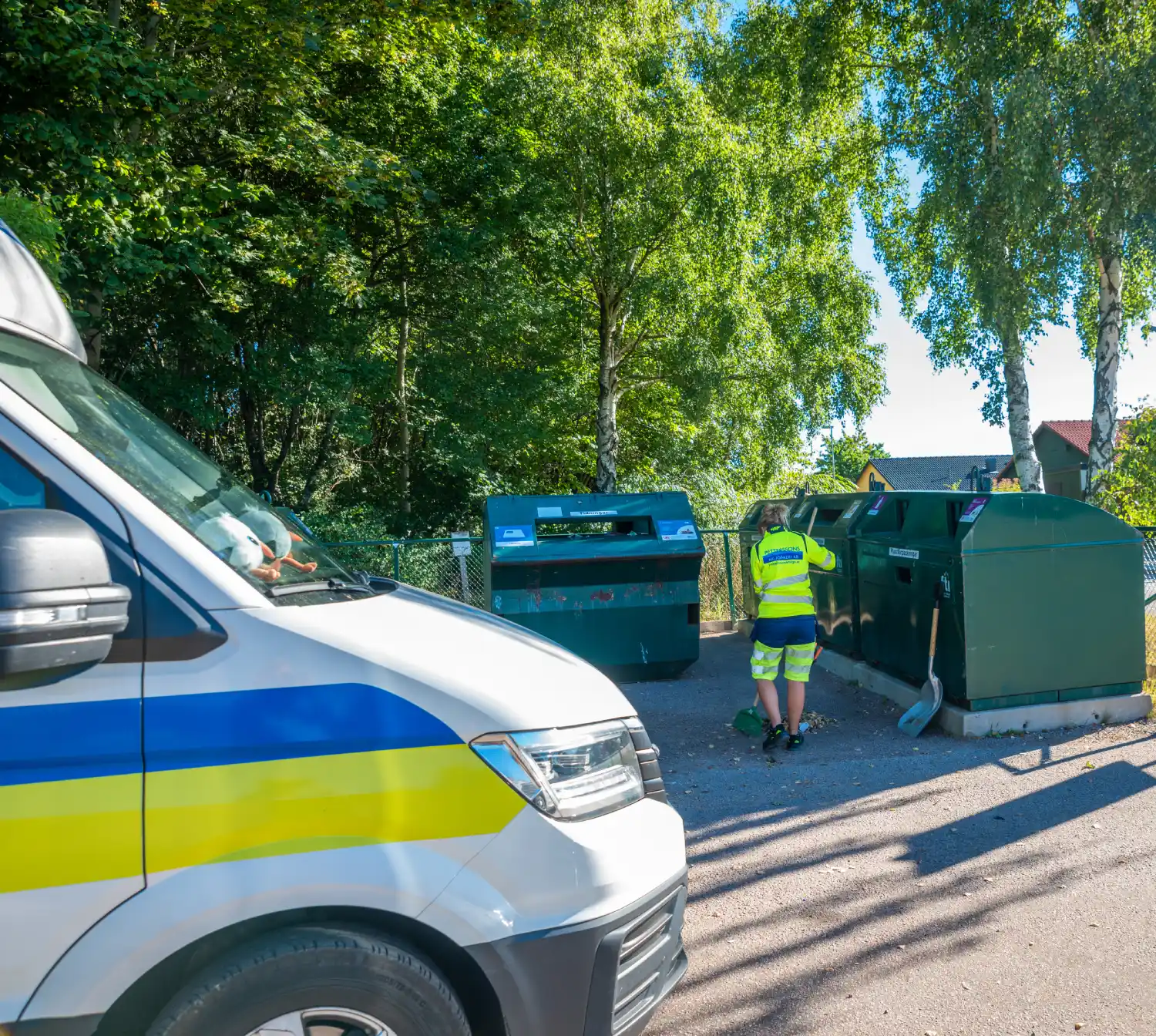Recycling in Sweden: A Model for Global Sustainability
Recycling in Sweden: A Model for Global Sustainability
Blog Article
Sweden is generally considered as one of the most eco-conscious nations on the planet, and its recycling efforts are in the centre of this green reputation. With a long record of sustainability methods, Sweden has not merely applied efficient Recycling (Återvinning) systems but additionally fostered a lifestyle of environmental responsibility among its citizens. Nowadays, recycling in Sweden isn't merely a policy—it's a national concern, embraced by people, firms, and the government alike.
Amazing Recycling Charges
Sweden's commitment to recycling is visible in its extraordinary statistics. The united states recycles nearly 99% of their home waste, rendering it an international head in waste management. Swedish people sell paper, materials, materials, and glass with remarkable reliability, assisted by a comprehensive and well-organized spend selection system. Local authorities make certain that recycling bins are conveniently based, making it simple for Swedes to be involved in the process.

Waste-to-Energy Design
Along with old-fashioned recycling, Sweden has pioneered an innovative waste-to-energy (WTE) model. Rather than landfilling or incinerating spend with harmful emissions, the nation turns an important percentage of their recurring spend into energy. Around 50% of Sweden's spend can be used to produce electricity and heating, adding to the country's green energy goals. That technique decreases landfill use, lowers carbon emissions, and converts waste in to an invaluable resource.
Expanded Company Responsibility
One key element in Sweden's recycling achievement could be the usage of Extensive Company Duty (EPR). Under this method, producers are expected to take responsibility for the lifecycle of these items, including the recycling of presentation and end-of-life items. That legislation has generated a reduction in presentation spend and a rise in sustainable item design. Specifically, Sweden has built significant steps in reducing single-use plastic spend, with businesses shifting toward biodegradable or recyclable alternatives.
Public Awareness and Education
The Swedish government has also invested greatly in increasing community recognition about recycling. Educational campaigns have taught citizens about environmentally friendly advantages of correct waste working and the significance of lowering consumption. Recycling is taught in schools, and individuals of all ages are encouraged to take part in spend reduction initiatives. That common environmental mind has resulted in a culture that takes pleasure in its natural credentials, with recycling becoming second character to the majority of Swedes.

In conclusion, Sweden's commitment to recycling is a great example of what sort of nation can incorporate sustainability in to their key procedures and everyday practices. The country's extraordinary recycling charges, waste-to-energy product, and forward-thinking method of waste administration serve as a blueprint for other nations striving to reduce their environmental impact. With extended advancement and community wedding, Sweden is placed to remain at the lead of world wide recycling attempts, indicating that eco-friendly practices are not only a trend—they're the future.
Report this page